
Q&A with Heidi Morin, MSN, MBA, FABC, Founder and CEO of Parity Healthcare Analytics
The tipping point came when I realized that hospital finance teams and nurse leaders were often speaking different languages. Productivity targets were imposed without context, and frontline realities weren’t reflected in financial models.

They Had Me At “Yes.” Now What?
Securing approval for a capital solution in a hospital setting involves more than just getting a nod from end-users and critical stakeholders.
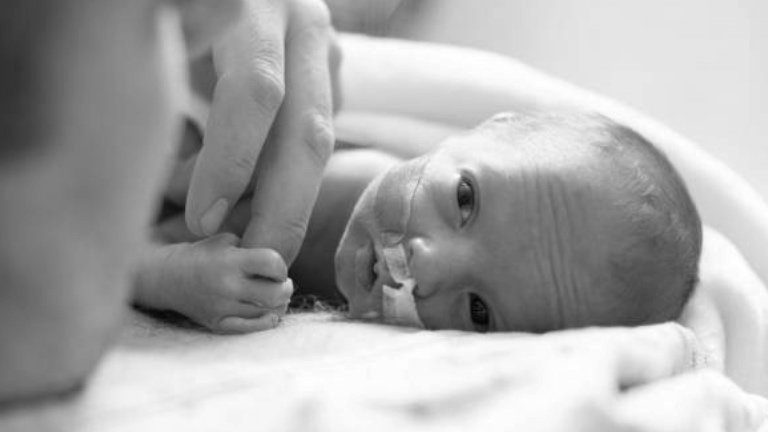
The Role of Docosahexaenoic Acid (DHA) and Arachidonic Acid (ARA) in Eye Development and Health for Neonates
Docosahexaenoic acid (DHA) and arachidonic acid (ARA) are essential fatty acids crucial for eye development, particularly in infants born prematurely.
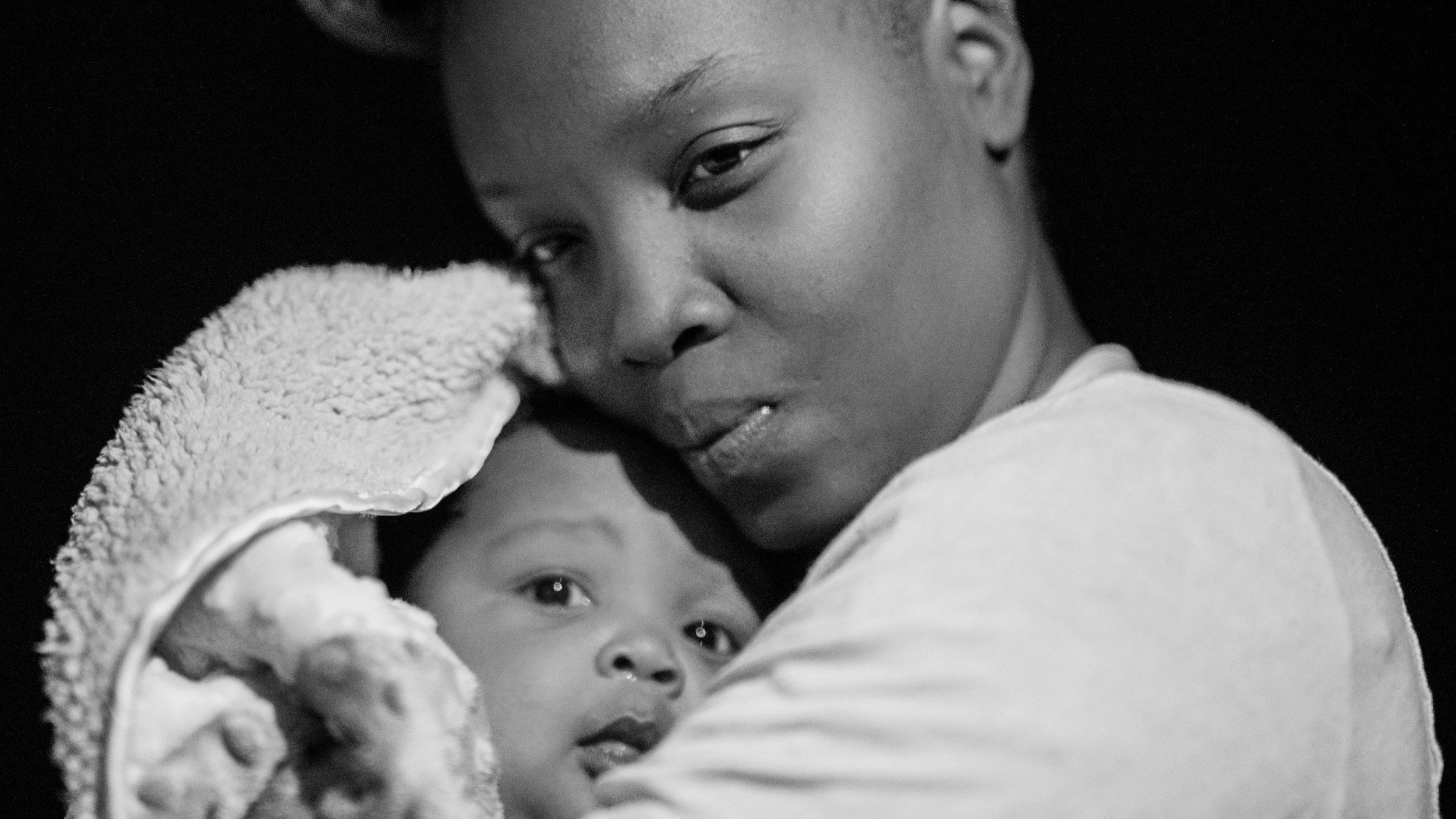
Mental Health for Black Mothers: The True Cost
Closing disparity gaps is crucial to reducing the need for women to be resilient. Equally important is approaching mothers with compassionate and holistic care, avoiding pathologizing every complaint, to truly end disparities.

Developmental Considerations for the Neonate: In the Hospital and Preparing for Home
Empowering parents during the NICU stay is vital for fostering active parenting roles and establishing routines.
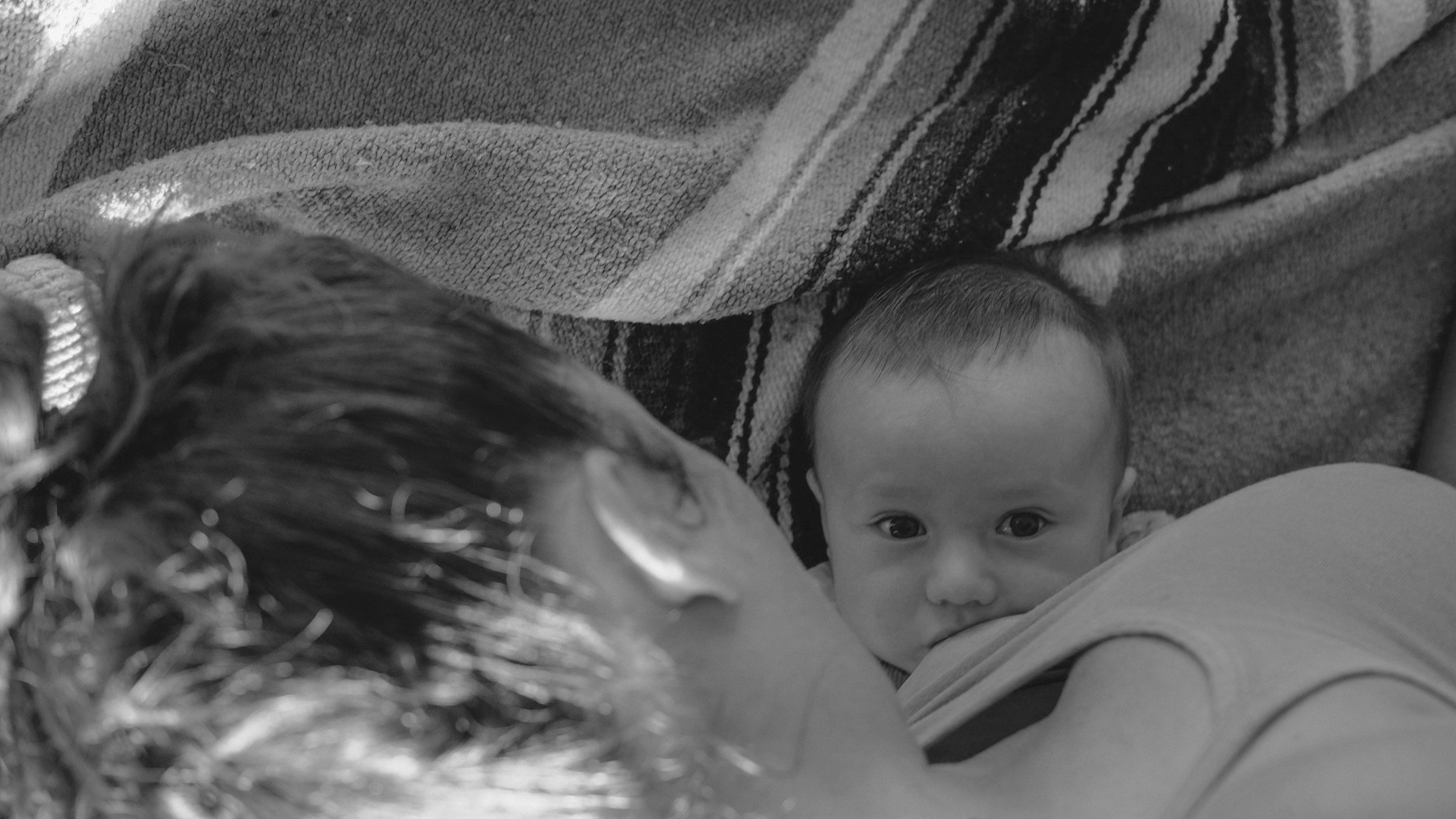
Supportive Interventions to Initiate Breastfeeding for Pre-Eclamptic Parents
By understanding the impact of magnesium and implementing supportive strategies, healthcare providers can help mothers navigate this journey with confidence.

Cultural Considerations for African American Mothers in the Maternal Setting
Several factors contribute to the racial and socioeconomic disparities in maternal health for Black women, including lack of access to quality healthcare, delayed diagnoses, and inadequate provider response to warning signs.
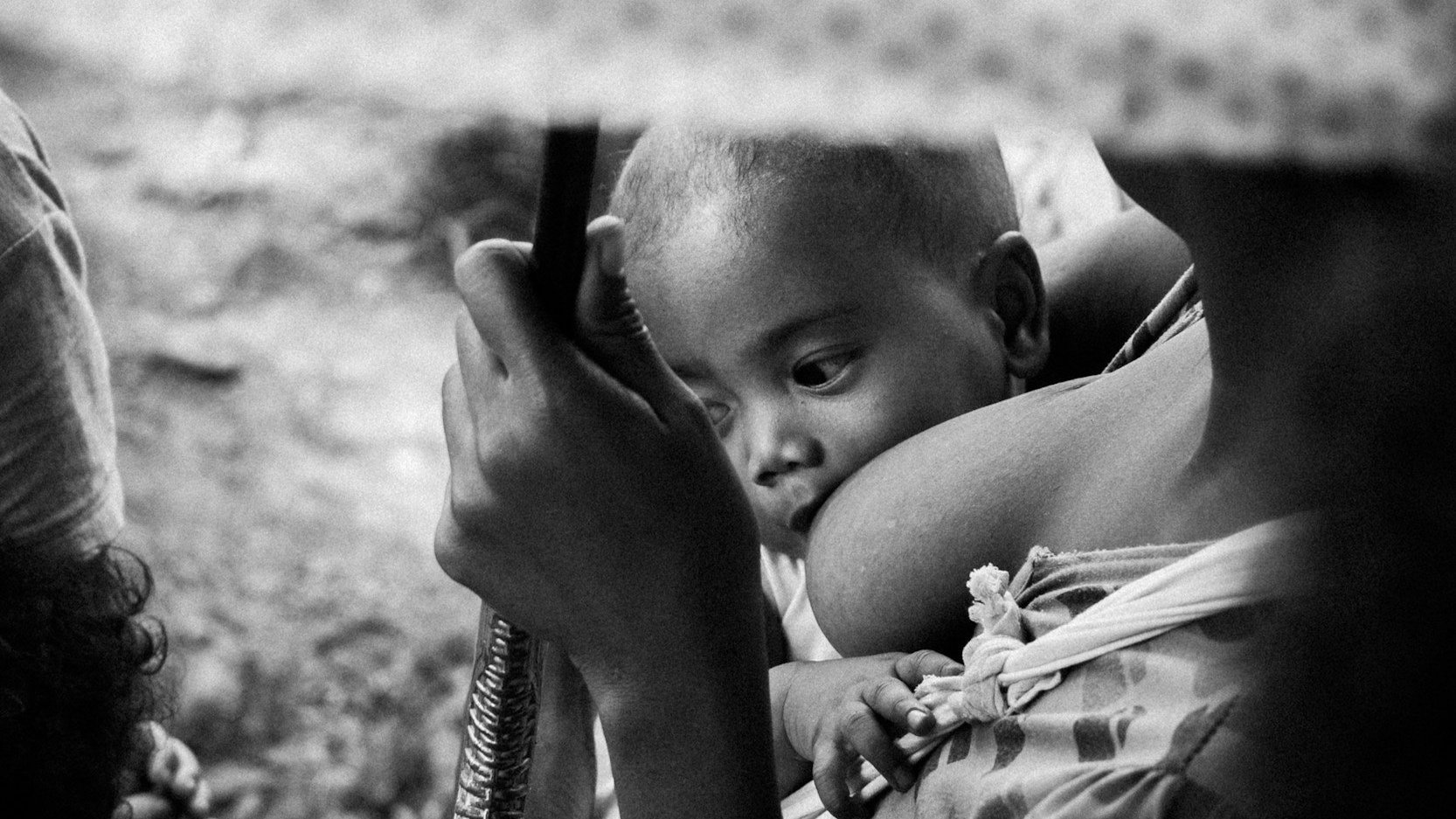
Target Fortification: Considerations for the Clinician
Providing precise nutrition to nutritionally at-risk infants is an exciting advancement.
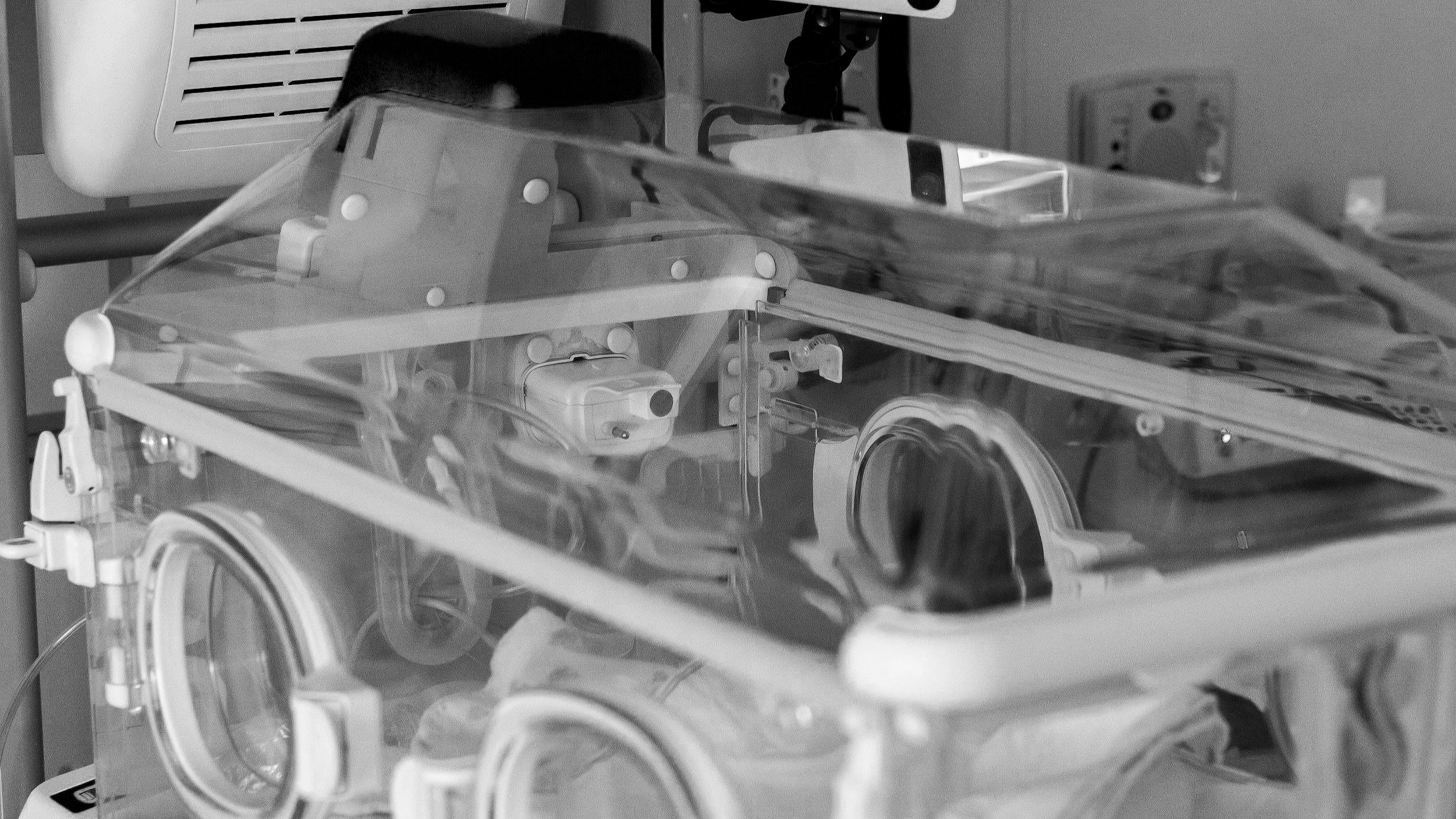
Change Management Strategies in the Healthcare Environment
Implementing change is challenging, but with the right strategies, it can be achieved.

Breast Milk Misappropriation: Prevention and Mitigation
Breast milk is a well-established source of nutrition for all infants, but its benefits are particularly amplified for premature or critically ill infants in a Neonatal Intensive Care Unit (NICU).

Embracing Diversity: Exploring Parenthood Options for Transgender Individuals
Despite misunderstandings, the aspiration of all parents is to have a healthy baby and be a loving parent, regardless of gender identity.
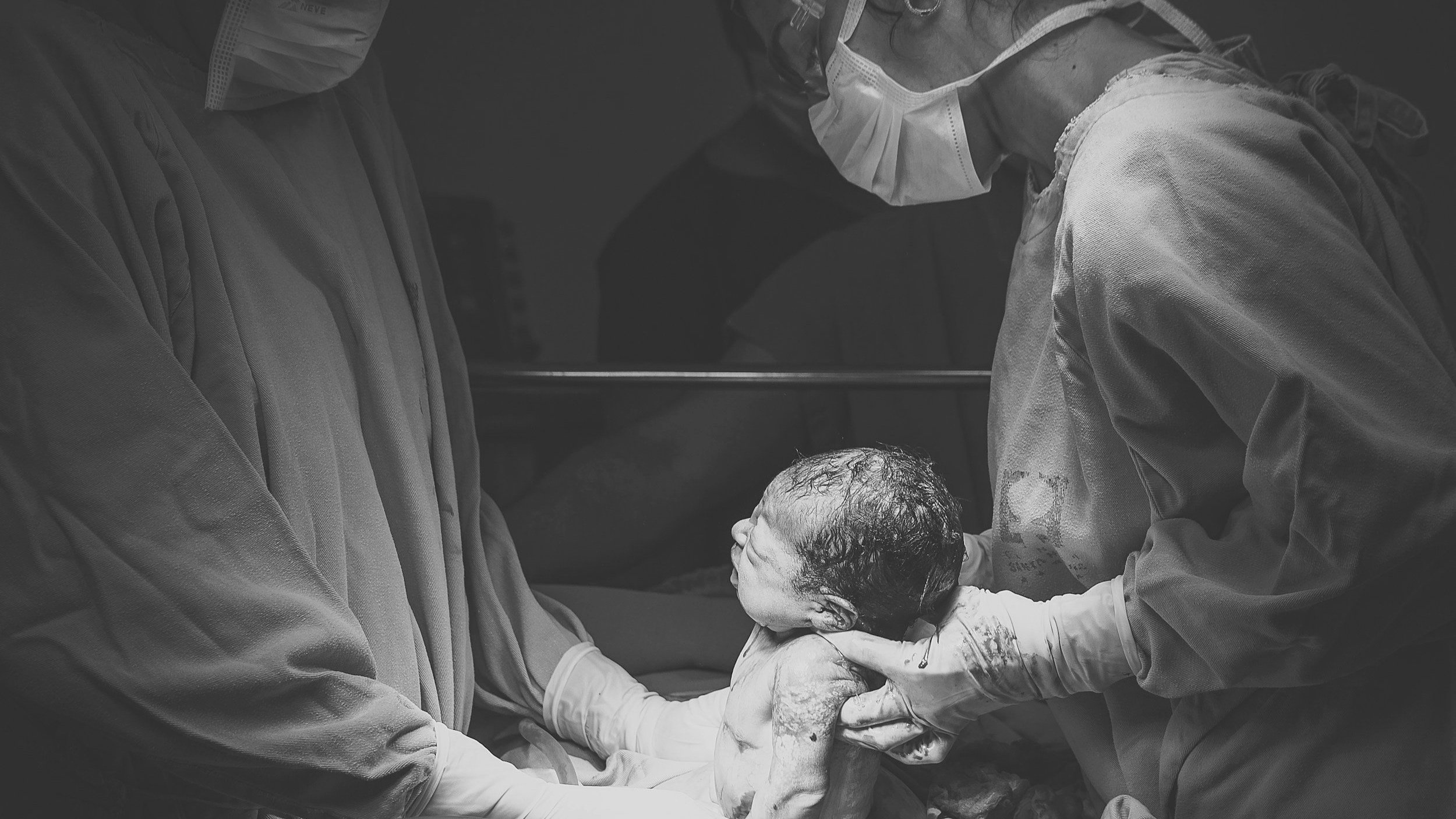
The Battle Against NEC: Insights into Prevention, Diagnosis, and Treatment
Significant dedication to research and collaboration among disciplines has advanced our understanding of NEC. Emerging tools for early identification and prevention are promising, but continued research is essential.

Increasing Breastfeeding Rates in the NICU via Utilization of the Neonatal Transport Team
Neonatal transport and transfer to a higher-level NICU often separate the mother from her infant during the immediate postpartum period, overlapping with the highest colostrum production time.
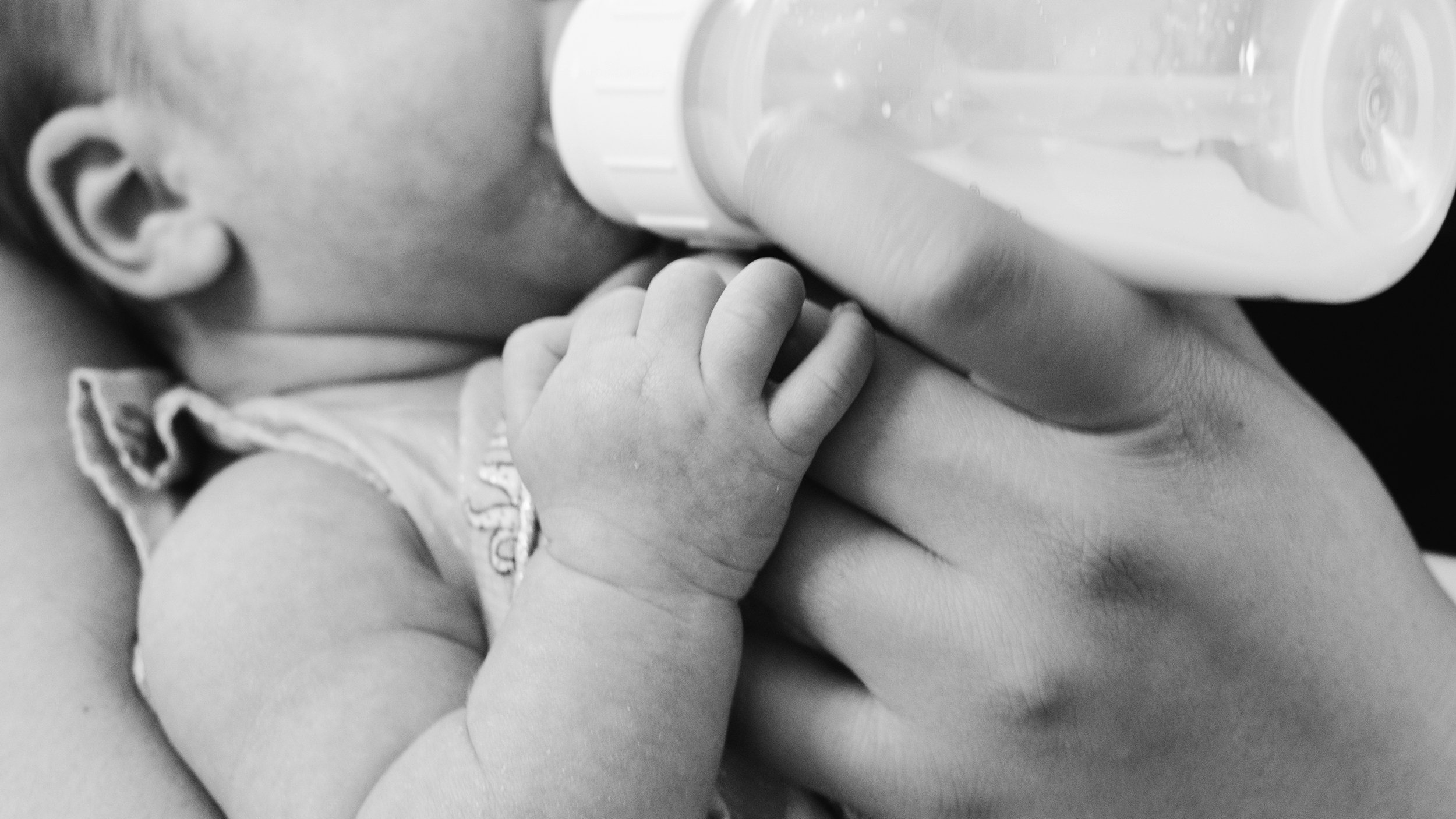
Feed Order Standardization in the NICU
Imagine if the prescribed treatment course wasn't executed as planned—disappointing, to say the least.

LGBTQ+ Parents of Hospitalized Children: Three Tips for an Inclusive Experience
The LGBTQ+ community still faces healthcare discrimination daily. It is our duty as healthcare providers to deliver culturally sensitive care to all individuals and families, regardless of their identity.

Do You Want To Build A Milk Lab?
When ensuring appropriate compliance policy and protocols, seek out the knowledge from your Quality and Regulatory leaders.

The End Of An Error
NICU nurses may prepare 12 feeds in a shift, requiring over 180 mental validations, increasing error potential.

6 Questions To Answer Before Bringing In A Feeding Management System
If you're considering a feeding management system, here are six essential things to know about your organization.

Design In Health Care Software
Many believe the purpose of design is to create something beautiful, but we see it as enhancing usability.

IHI Patient Congress Takeaways
Keriton was founded on the premise of safety by eliminating feeding errors, while also focusing on improving quality outcomes by increasing human milk exposure for vulnerable children.
